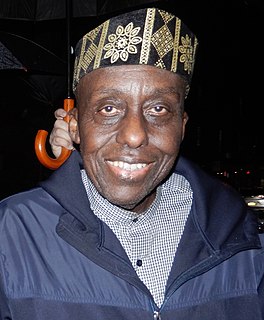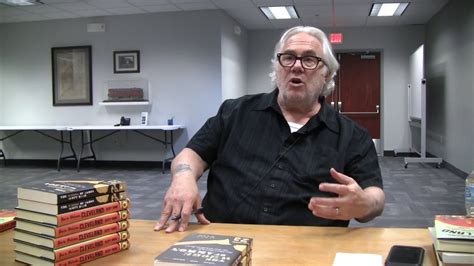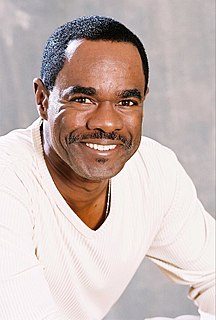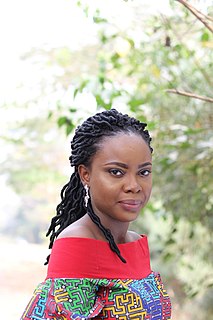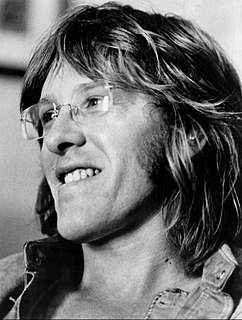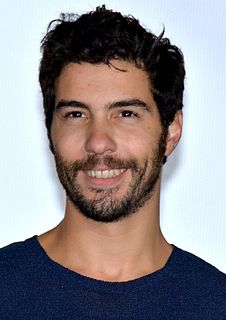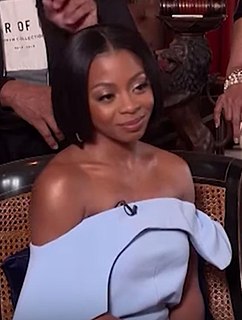A Quote by Bill Duke
Well, in the '80s and '70s, with the exception of Sidney Poitier and Brock Peters, maybe Ivan Dixon, if you were as big and black as I am, you were a bad guy. Simple. Because in real life, I scare people.
Related Quotes
A Murphy [Eddie Murphy] movie is like a Sidney Poitier comedy - he's that intensely good... He revolutionized acting. He's literally black Brando. Before Eddie Murphy, there were two schools of acting for a black actor: Either you played it LIKE THIS or youplayeditlahkdis. He was the first black guy in a movie to talk like I am talking right now. That did not exist for black actors before him.
I started with Sidney Poitier and Ruby Dee and Lou Gossett, Jr. and the rest of the wonderful cast of 'A Raisin In The Sun.' We were directed by the great Lloyd Richards. The play was written by the wonderful Lorraine Hansberry, and it was produced by Phil Rose. That's where my start was, so... not a bad way to start.
I'm still very interested in the things that happened in the '80s and the '70s because I think that they were very important years for Nigeria. In the '80s, we were under a military dictatorship for quite a while, and I think that the way we engage with our country as citizens was shaped in many ways by the events that took place in that time.
The strange thing about my life is that I came to America at about the time when racial attitudes were changing. This was a big help to me. Also, the people who were most cruel to me when I first came to America were black Americans. They made absolute fun of the way I talked, the way I dressed. I couldn't dance. The people who were most kind and loving to me were white people. So what can one make of that? Perhaps it was a coincidence that all the people who found me strange were black and all the people who didn't were white.
Kools and Newports were for black people and lower-class whites. Camels were for procrastinators, those who wrote bad poetry, and those who put off writing bad poetry. Merits were for sex addicts, Salems were for alcoholics, and Mores were for people who considered themselves to be outrageous but really weren't.
I mean, the thing about Guns N' Roses was that it wasn't trying to attach itself to the '80s, or anything that had to do with the '80s. It's just who we were at that time. We were doing what we wanted to do. That had really nothing to do with anything around us, except for the simple fact that we were rebelling against that stuff.
